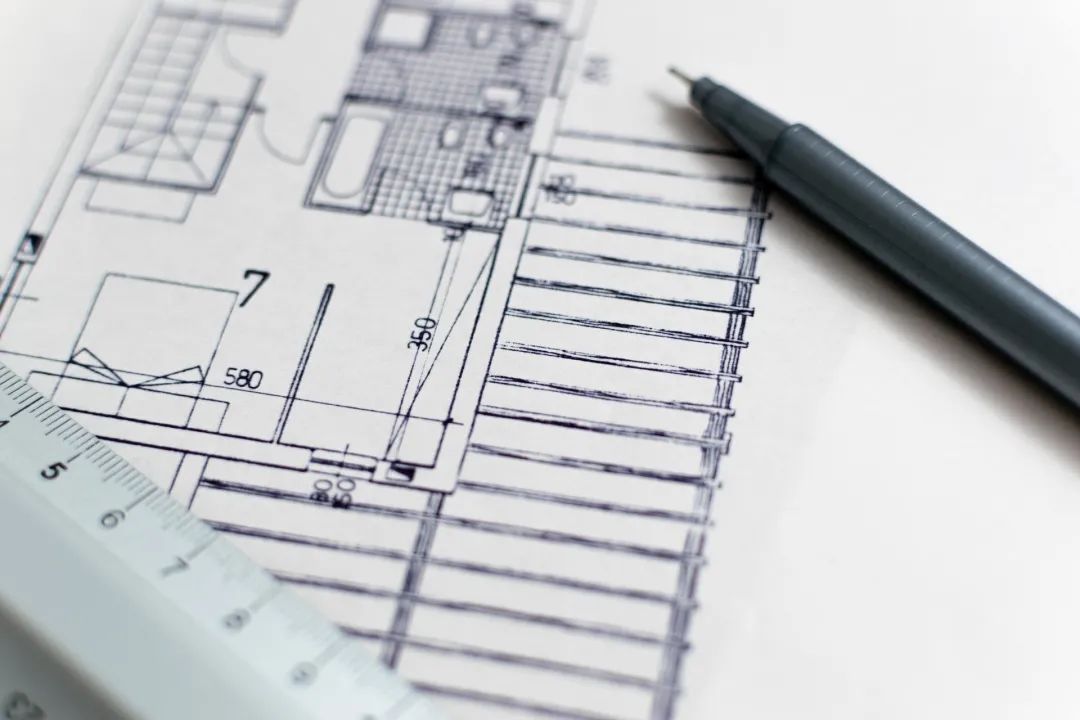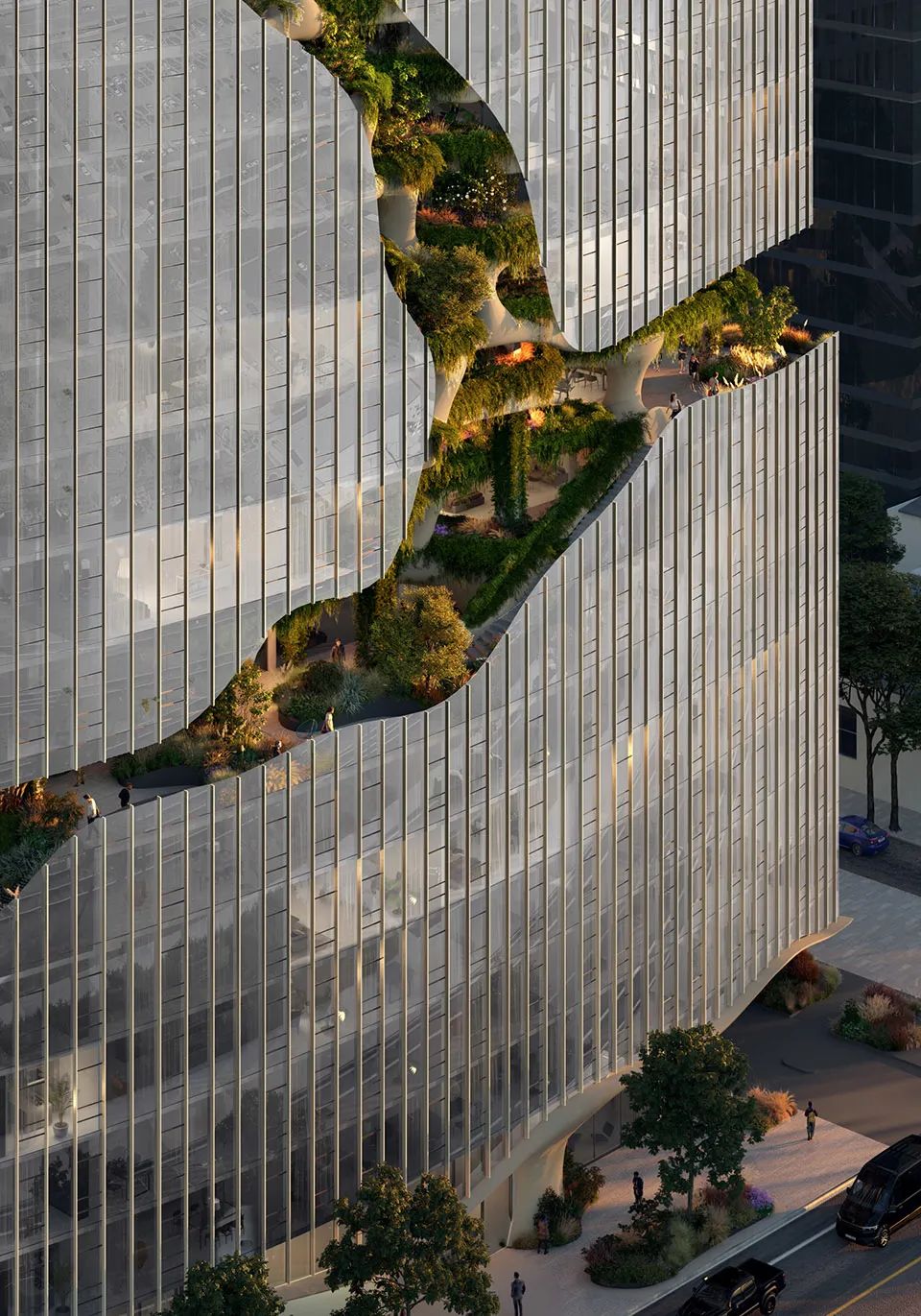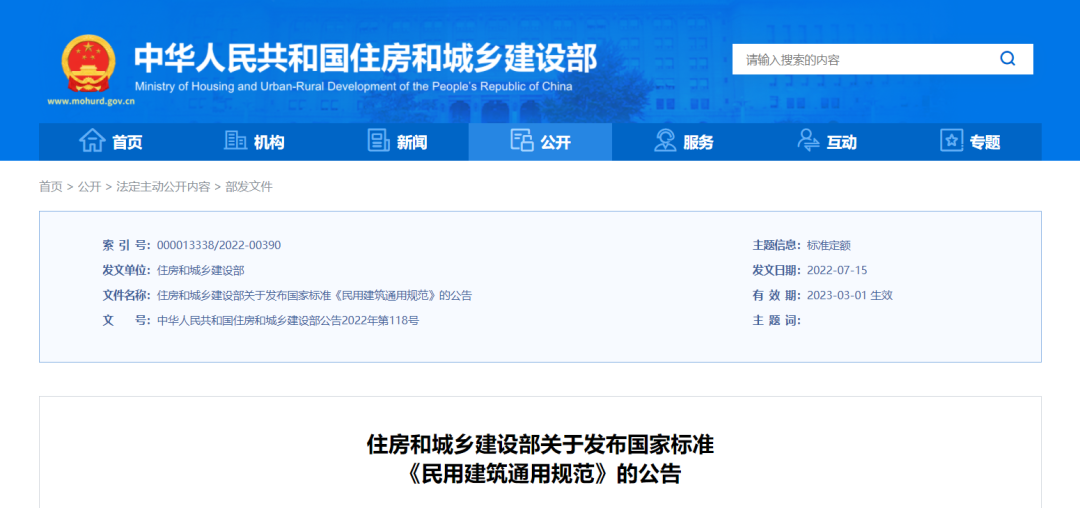81, December 20, 2017): in accordance with the provisions of paragraph 1 of Article 43 and Article 69 of the administrative enforcement law of the people’s Republic of China, The administrative organ shall not carry out compulsory demolition on Saturday, except in case of emergency.
Reply of the Supreme People’s Court on the compulsory demolition of illegal buildings, structures and facilities (FSH [2013] No.
15, December 7, 2015): in accordance with Article 44 of the administrative enforcement law of the people’s Republic of China, if the parties do not apply for administrative reconsideration or bring an administrative lawsuit within the statutory time limit, and do not dismantle them, The administrative organ with the power of administrative enforcement shall wait for the expiration of the time limit for administrative litigation before it can forcibly dismantle illegal buildings, structures and facilities according to law.
However, if the provisions of the new law are more conducive to the punished person, the provisions of the new law shall be applied in accordance with the principle of both old and lighter.
6.
Reply of the Supreme People’s Court on the application of law to the compulsory demolition of illegal buildings under highway bridges ([2013] Xing TA Zi No.
Reply of the administrative tribunal of the Supreme People’s Court on how to calculate the limitation of prosecution for land violations ([1997] FA Xing Zi No.
In July 2014, the Supreme People’s Court issued the notice on Further Strictly Standardizing judicial acts and actively promoting the “separation of adjudication and enforcement” in expropriation and demolition cases (Fa [2014] No.
5, March 25, 2013): according to the spirit of the relevant provisions of the administrative compulsory law and the urban and rural planning law, the law has granted the administrative organ the power of compulsory execution for the compulsory demolition of illegal buildings, structures and facilities in violation of the urban and rural planning law, The people’s court shall not accept the application for non litigation administrative execution submitted by the administrative organ.
How to understand and apply the provisions of Article 68 of the urban and rural planning law and Article 44 of the administrative enforcement law (minutes of the meeting of the first circuit court of the Supreme People’s Court on Several Issues concerning the application of administrative trial laws): (1) according to the provisions of article 68 of the urban and rural planning law, the planning department The local people’s government at or above the county level may instruct the relevant departments to forcibly dismantle the facilities within a time limit..
The people’s court shall not accept the application for compulsory execution made by the highway administration institution to the people’s court.
1.
Reply of the Supreme People’s Court on the subject of compulsory demolition of buildings and other facilities in violation of the land management law ([2018] supreme law Xingta No.
822, July 31, 2019): April 2012, The Supreme People’s court formulated the provisions of the Supreme People’s Court on Several Issues concerning the handling of cases in which the applicant’s civil court enforces the decision on compensation for housing expropriation on state-owned land, Article 9 clearly stipulates: “if the people’s court decides to approve the implementation, it shall generally be organized and implemented by the people’s government at the city or county level that makes the decision on expropriation compensation, or it may be implemented by the people’s court.” This provision is a consensus formed after repeated coordination by relevant state organs from the perspective of practical feasibility, and is in line with the basic direction of judicial reform of “separation of adjudication and enforcement”.
4.
3.
8.
Reply of the Supreme People’s Court on whether the compulsory demolition carried out by administrative organs on Saturday violates the provisions of paragraph 1 of Article 43 of the administrative enforcement law of the people’s Republic of China ([2016] supreme law Xingta No.
Reply of the Supreme People’s Court on the time limit for administrative organs to forcibly dismantle illegal buildings on their own ([2015] Xing TA Zi No.
5.
Illegal construction belongs to the continuous state of illegal acts, and the urban and rural planning law in force at the time of administrative punishment shall be applied.
2.
If the illegal act continues, the law in force at the end of the illegal act shall apply.
12, December 18, 2013): according to Article 50 of the administrative enforcement law of the people’s Republic of China and Article 56 of the highway law of the people’s Republic of China Article 81 and the third paragraph of Article 81 of the regulations on highway safety protection, highway administration agencies have the power to forcibly dismantle illegal buildings built under highway bridges.
7.
Before the implementation of the urban and rural planning law, the planning department shall apply the relevant provisions of the urban and rural planning law or the urban planning law to impose administrative punishment after the implementation of the law (minutes of the first circuit court of the Supreme People’s Court on Several Issues concerning the application of administrative trial law): the administrative organ shall make a decision on administrative punishment, The substantive treatment shall be subject to the laws in force at the time of the occurrence of the illegal act.
Among them, the general principle is “organized and implemented by the people’s governments at the city and county levels”, and “it can also be implemented by the people’s courts” is an individual exception.
26, May 4, 1998): the illegal act of illegally occupying land shall be deemed to be in a continuous state before it is restored to its original state, and the limitation of prosecution for administrative punishment shall be in accordance with the provisions of paragraph 2, Article 29 of the administrative punishment law, Counting from the date when the illegal act ends; Whether the illegal act of destroying cultivated land has a continuous or continuous state should be treated differently according to the specific circumstances of the case.
191), which further clarified that “it is necessary to actively broaden the scope of application of the” separation of adjudication and enforcement “, It also pointed out that “with the strong support of the provincial Party committee and the provincial government, Zhejiang Higher People’s Court issued relevant policies to clearly expand the ‘separation of adjudication and enforcement’ to non litigation cases and litigation cases such as house demolition and forced demolition of illegal land occupation of buildings in the expropriation of collective land, which is worthy of promotion and reference.” Therefore, we believe that the compulsory demolition of buildings and other facilities in violation of the land management law can also be explored and reformed in the direction of “separation of adjudication and enforcement” with reference to Article 9 of the provisions of the Supreme People’s Court on Several Issues concerning the handling of the applicant’s civil court’s decision on compulsory enforcement of housing expropriation compensation on state-owned land.



